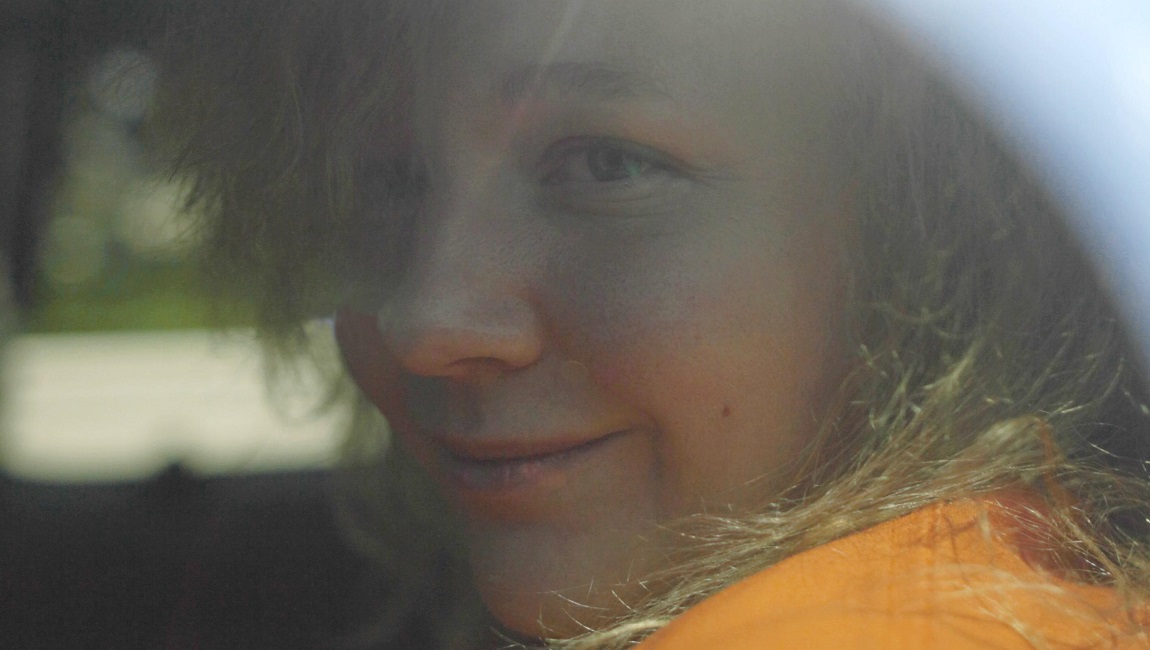Spike Lee’s BlacKkKlansman tells the story of a black police officer in 1970s Colorado who infiltrated the Ku Klux Klan. But Lee is also telling the story of a current America that has not grown or progressed — not really — and forcing us to recognize that the film could have been released at virtually any point in the last few years and been just as timely, just as horrifically attuned to the zeitgeist. Trayvon Martin was shot over six years ago; the NFL protests against police murdering black men have been going on for two years, entering their third season; and president Donald J. Trump says vile and racist things with so much frequency that to provide an example would only immediately date this review. The release of BlacKkKlansman has also been timed to the one-year anniversary of Charlottesville, the 2017 alt-right (read: Nazi) rally that led to the death of one civil rights activist, the injury of many others, and which is ultimately referenced at the end of Lee’s film.
Many critics have called BlacKkKlansman a “comeback,” but they’ve probably just stopped paying attention to Lee’s less audience-friendly, but just as worthwhile, films, like 2015’s Chi-raq and the same year’s Da Sweet Blood of Jesus. Lee is not necessarily a ‘one for them, one for me’ filmmaker, but he does know about code-switching; it’s baked into BlacKkKlansman on a narrative level, and as an organizing formal principle. Lee is more than willing to stop his narrative proper for a long monologue or an essayistic episode, complete with direct address to the camera, a device he’s used for years and in many different features. When he does so, he’s announcing something, and in order to do that, the narrative drops away, allowing for Lee to address his audience directly.
Lee is not necessarily a ‘one for them, one for me’ filmmaker, but he does know about code-switching; it’s baked into BlacKkKlansman on a narrative level, and as an organizing formal principle.
The lead character here, Colorado Springs police officer Ron Stallworth (John David Washington), occupies a specific, precarious position. Proficient in both “King James English and jive,” Stallworth has to navigate a white police force that doesn’t want him, a black student union group that doesn’t understand him, and a white supremacist group that would lynch him as soon as look at him. Is the film angry enough? Provocative enough? In a real sense, that question represents the conflict at the heart of Ron’s relationship with the black power movement – can you change the (police) system from the inside, or does the system change you?
Lee has made a crowd pleasing film, funny and moving, and even entertaining. But he stages the climax of BlacKkKlansman as a pointed rejoinder to D.W. Griffith’s The Birth of a Nation, crosscutting between Klansmen hooting and hollering at racist entertainment and a shocking story, recounted by Harry Belafonte, of witnessing a lynching as a young man. Here — and in BlacKkKlansman‘s opening scene, of dead bodies lying in dirt, lifted from Gone With the Wind — Lee summons the power of images, while simultaneously reminding us that the history of this country is not written in lighting, but in the blood of slaves and indigenous peoples. Lee calls on a similar kind of duality at the end of BlacKkKlansman, which both offers a form of narrative resolution for Stallworth and features a slow zoom into a burning cross, acknowledging that his police work hasn’t actually solved anything.







